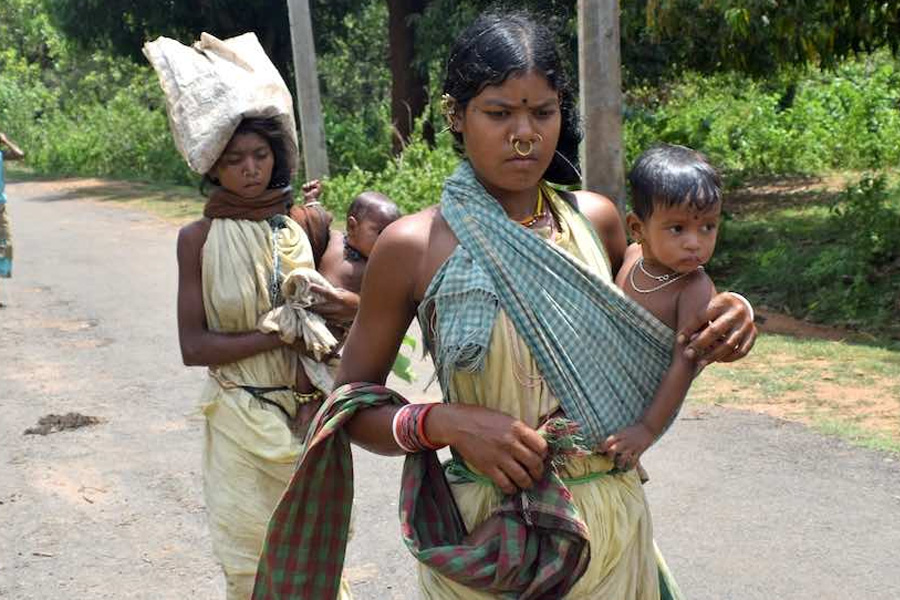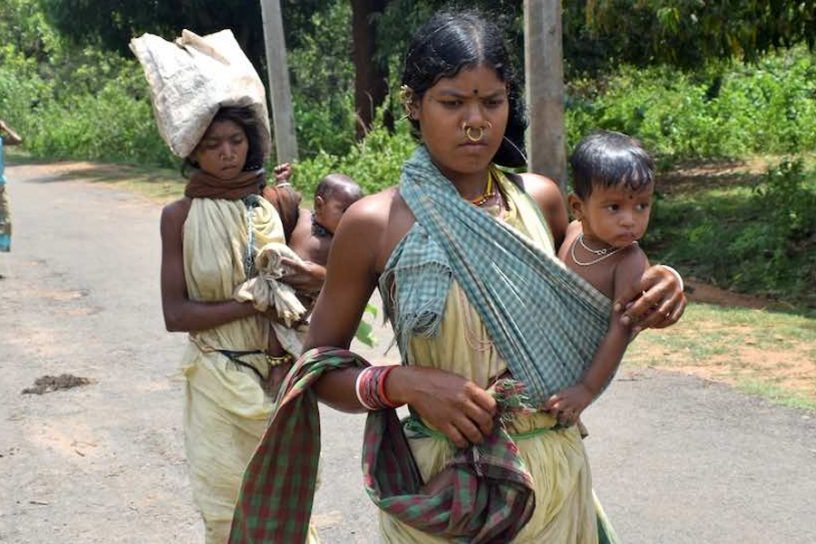
Interventions helped change norms about heavy work during pregnancy, but young women with little family support still did considerable work, showed the research.
Authors
Sneha Krishnan, Associate Professor, Jindal School of Environment and Sustainability, O.P. Jindal Global University, Sonipat, Haryana.
Audrey Prost, Institute for Global Health, University College London, London, UK.
Helen Harris-Fry, Department of Population Health, London School of Hygiene & Tropical Medicine, London, UK.
Satyanarayan Mohanty, D-COR Consulting Pvt. Ltd., Bhubaneshwar, India.
Manoj Parida, D-COR Consulting Pvt. Ltd., Bhubaneshwar, India.
Emily Fivian, Department of Population Health, London School of Hygiene & Tropical Medicine, London, UK.
Suchitra Rath, Ekjut, Chakradharpur, Jharkhand, India.
Nirmala Nair, Ekjut, Chakradharpur, Jharkhand, India.
Naba K Mishra, Voluntary Association for Rural Reconstruction and Appropriate Technology (VARRAT), Kendrapara, India.
Shibanath Padhan, Voluntary Association for Rural Reconstruction and Appropriate Technology (VARRAT), Kendrapara, India.
Ronali Pradhan, Digital Green, New Delhi, India.
Satyapriya Sahu, Digital Green, New Delhi, India.
Jolene Skordis, Institute for Global Health, University College London, London, UK.
Heather Danton, JSI Research & Training Institute, Inc., Arlington, Virginia, USA.
Peggy Koniz-Booher, JSI Research & Training Institute, Inc., Arlington, Virginia, USA.
Emma Beaumont, Department of Medical Statistics, London School of Hygiene & Tropical Medicine, London, UK.
Philip James, Department of Population Health, London School of Hygiene & Tropical Medicine, London, UK.
Elizabeth Allen, Department of Medical Statistics, London School of Hygiene & Tropical Medicine, London, UK.
Diana Elbourne, Department of Medical Statistics, London School of Hygiene & Tropical Medicine, London, UK.
Suneetha Kadiyala, Department of Population Health, London School of Hygiene & Tropical Medicine, London, UK.
Summary
A trial of three nutrition-sensitive agriculture interventions with participatory videos and women’s group meetings in rural Odisha, India, found improvements in maternal and child dietary diversity, limited effects on agricultural production, and no effects on women and children’s nutritional status.
Our process evaluation explored fidelity, reach, and mechanisms behind interventions’ effects. We also examined how context affected implementation, mechanisms, and outcomes.
We used data from intervention monitoring systems, review notes, trial surveys, 32 case studies with families (n = 91 family members), and 20 group discussions with women’s group members and intervention workers (n = 181 and 32, respectively). We found that interventions were implemented with high fidelity.
Groups reached around half of the mothers of children under 2 years. Videos and meetings increased women’s knowledge, motivation and confidence to suggest or make changes to their diets and agricultural production.
Families responded in diverse ways. Many adopted or improved rainfed homestead garden cultivation for consumption, which could explain gains in maternal and child dietary diversity seen in the impact evaluation.
Cultivation for income was less common. This was often due to small landholdings, poor access to irrigation and decision-making dominated by men. Interventions helped change norms about heavy work during pregnancy, but young women with little family support still did considerable work.
Women’s ability to shape cultivation, income and workload decisions was strongly influenced by support from male relatives. Future nutrition-sensitive agriculture interventions could include additional flexibility to address families’ land, water, labour and time constraints, as well as actively engage with spouses and in-laws.
Published in: Maternal & Child Nutrition
To read the full article, please click here.


